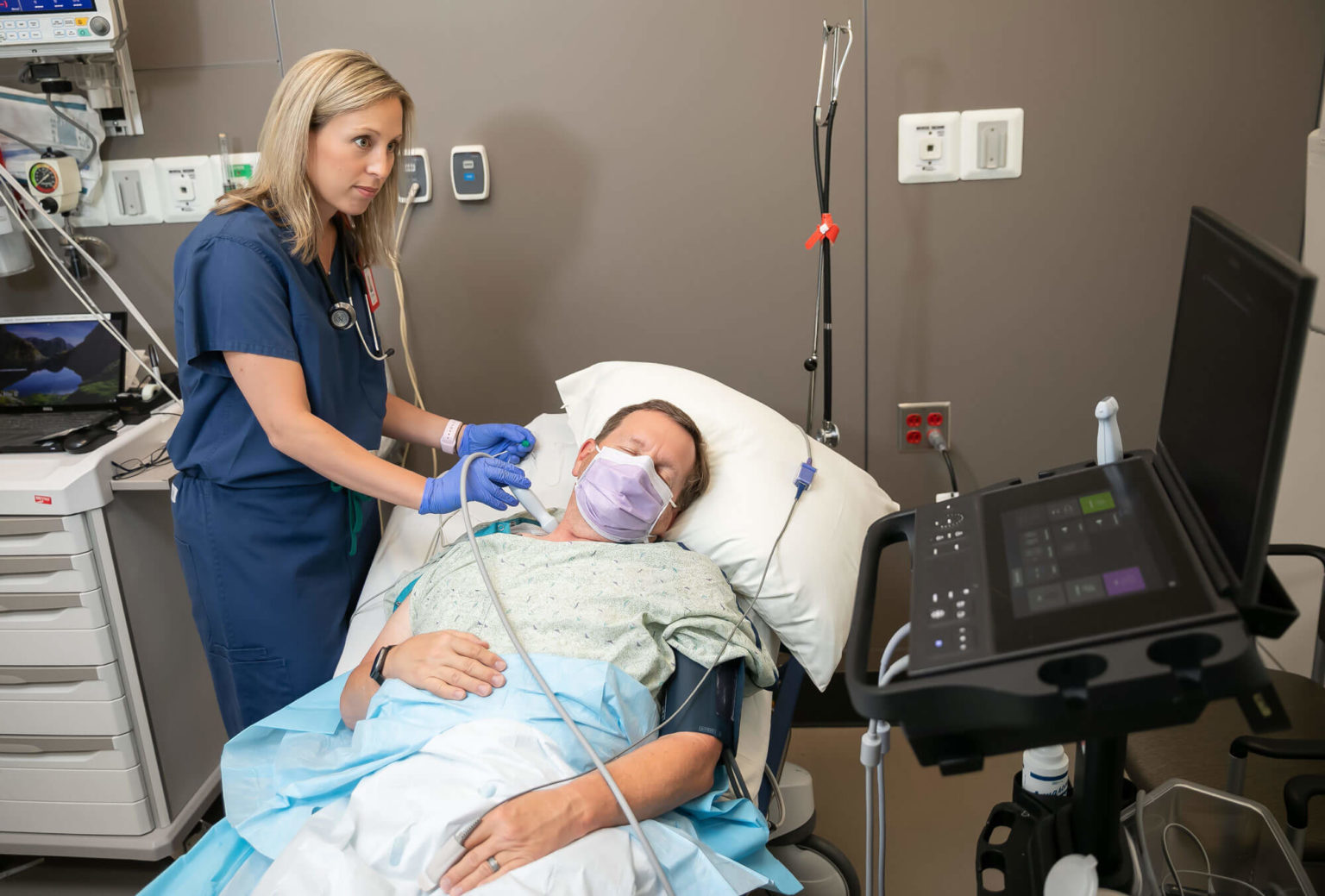
Once your surgery is scheduled, time moves differently. You begin thinking about recovery, risks, timelines. Every movement feels more important. Every question more urgent.
You start writing things down. What should I bring? Will I need help at home? Can I walk right after? You don’t ask everything at once. The questions come slowly, and some only arrive days before surgery.
Clarity becomes part of preparation—not just logistics.
Pre-operative appointments often feel routine but hold essential instructions
You meet with the surgeon. Then an anesthesiologist. Maybe a nurse. These visits feel repetitive. But they matter.
You’ll get information on fasting, medications, hygiene. Some instructions seem small—no lotion, clean socks, empty stomach. But they impact infection risk and medication absorption.
Tiny steps protect big outcomes.
Some medications must stop days before, even if you feel fine
Blood thinners. Anti-inflammatories. Herbal supplements. Even vitamins. These need to pause. Not because they harm directly—but because they influence bleeding or healing.
Doctors give timelines: stop five days before, resume after discharge. You think it’s minor. But ignoring it adds risk.
Feeling okay doesn’t mean continuing is safe.
Your home environment needs changes before you return from surgery
Look at your space. Stairs. Rugs. Furniture edges. You’ll move differently after surgery. What’s manageable today may become unsafe tomorrow.
You might need rails in the bathroom. Or a chair in the shower. Clear pathways. Place items within reach. The goal isn’t comfort—it’s safety.
Recovery doesn’t wait for you to reorganize.
What you eat the week before can affect your healing process
Nutrition shapes recovery. Protein supports tissue repair. Fiber prevents constipation. Hydration eases anesthesia recovery.
The week before surgery isn’t the time for drastic diet changes. But it’s the time to support your body’s readiness. Less sugar. More balance. Enough calories.
Food becomes preparation—not just habit.
You may need to practice movements before you actually lose mobility
A walker. Crutches. Getting in and out of bed. You think you’ll figure it out later. But practicing now saves effort.
Physical therapists often guide pre-op routines. Sit, stand, climb safely. Build strength before you lose it. Learn what your arms and opposite leg must do.
Rehearsal makes recovery smoother.
Bowel prep and hygiene routines aren’t glamorous but matter more than you expect
Constipation after surgery is common. So are infections from poor hygiene. That’s why instructions include stool softeners, antiseptic washes, and sometimes enemas.
These tasks feel unnecessary. But anesthesia slows digestion. Surgery increases infection risk. Following prep helps you avoid preventable complications.
Uncomfortable steps build a safer outcome.
Emotional preparation matters even if the procedure feels straightforward
It’s easy to focus on the body. But surgery also changes how you feel. Fear, doubt, or restlessness appear days before.
You may fear pain. Or feel guilt needing help. These aren’t weaknesses—they’re common. Talking to others helps. Writing things down helps. Planning short distractions helps.
Emotion doesn’t pause for recovery. It travels with it.
Asking someone for help is part of preparation, not just recovery
You’ll need someone to drive you home. Maybe help with meals or medication reminders. You may hesitate to ask. You might think, “I’ll manage.”
But preparation includes people. Their presence isn’t weakness—it’s structure.
Support doesn’t mean dependence. It means stability.
Recovery begins long before you enter the operating room
Surgery day isn’t the start. The recovery begins with choices made weeks earlier. Diet. Movement. Rest. Communication. Mindset.
These habits shape how your body responds. They shape how complications are avoided. Recovery isn’t a future moment—it’s a layered process that already began.
Healing is prepared—not waited for.
